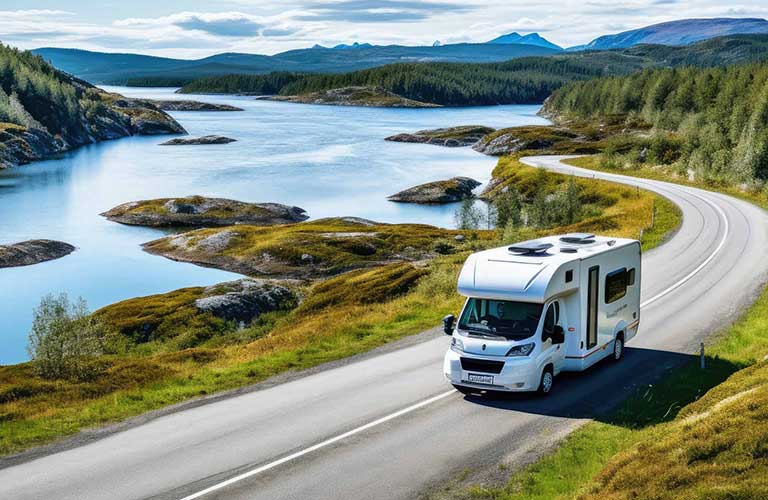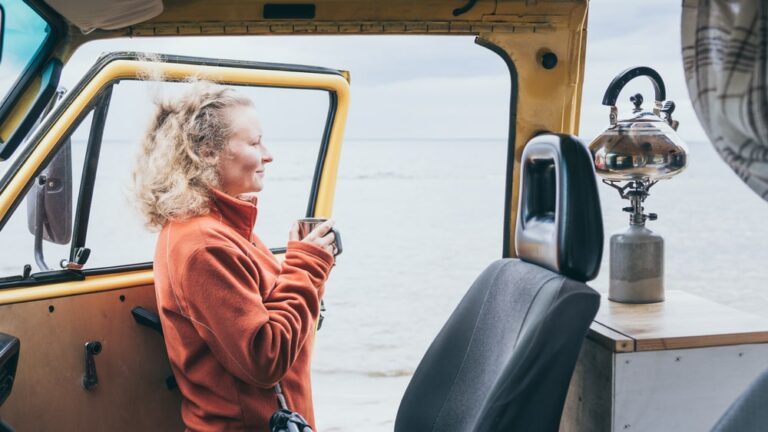For an increasing number of people, owning a campervan to use for trips and expeditions is desirable. And if you’re someone who wants to own and use a campervan, there are two ways you can go about making your dream a reality. The first is by purchasing a ready-made campervan, but the second is to convert a regular van into a campervan.
There are many benefits to doing it yourself; not only can it allow you to add the customisations you want, but it can also be cheaper to convert a van than buying a campervan. Having a project can also be a fun way to spend your weekends, crafting something yourself that you know you’ll get much enjoyment out of in construction and usage.
So, if you decide to convert a van yourself, there are many things you need to consider when building it.
Choosing The Right Van
Deciding which van to convert can be difficult. With so many different types of vans on the market, each varies in size and specification, so you’ll first have to work out which van you want before working out how you’ll convert it. Considerations include budget, maintenance, mileage, and the size of the van. Everything you need to know can be found in this handy guide.
Electrics
When using a campervan to live in – even for short trips away – a regular car battery won’t be enough. To ensure you can do things like charging your phone, running the lights, and keeping the heating on; you’ll have a dedicated system to allow you to generate enough power. The amount of voltage you’ll require will depend on the amount of power you intend to use on a trip away.
Whilst you might be staying at a campsite where you can plug in, that option might not always be available. One way of powering your campervan is by generating your own electricity; solar panels are a great way to do this.
Storage
One thing you might take for granted in a van is that there’ll be plenty of storage space, but when you’re adding in a bed, a small kitchen, a seating area, and much more; you have to leave considerations for storage space in your campervan conversion.
This includes space to store and secure your everyday essentials like cutlery, plates, and electronic equipment; and also anything you’ll need for your outdoor activities such as walking boots, surfboards, or fishing gear.
Heating and Insulation
One reason why you’re converting a campervan instead of camping is that you want to be cosy. Heat and heat regulation make up a big part of this. There are two popular options for camper van conversions, namely gas heaters and diesel heaters. Gas heaters are small, quiet and don’t drain the battery, whereas diesel heaters are cheaper to run and easier to refill, even if they’re a bit louder. Ventilation is also required for both, so when installing your heating system, it’s recommended you seek out the help of an expert.
Converting a campervan is also a great time to factor in installation for heat retention. As you’ll be cladding the inside of the walls, it’s an opportunity to add foam or wool insulation, as well as a vapour barrier to prevent condensation.
The Bed
The reason why a campervan is called a campervan is that you can camp inside it, so a bed is essential. If space is at a premium, you may not have the space for a dedicated bed space, so it might also double up as seating during the day. Whilst this can save floor space, it also means having to find space for the bedding and having to convert your bed into a sofa and back again every day.
The other option is to have a fixed bed, where you don’t have to worry about moving it. You can also find mattresses that are made to measure, perfectly slotting into your designated bed space, and being a custom shape to fit into the different nooks and crannies you need it to.
Protected for Your Converted Campervan
Because you’ve converted your campervan yourself, there’s a high likelihood it can’t be covered on a regular campervan policy, as this would only apply to ready-made campervans that have been designed and constructed for that purpose.
Instead, you’ll require converted campervan insurance, which covers conversions you’ve done yourself as well as any third-party campervan conversion. So even if you buy your already-converted campervan from another person or business, it will still require dedicated converted campervan insurance.



